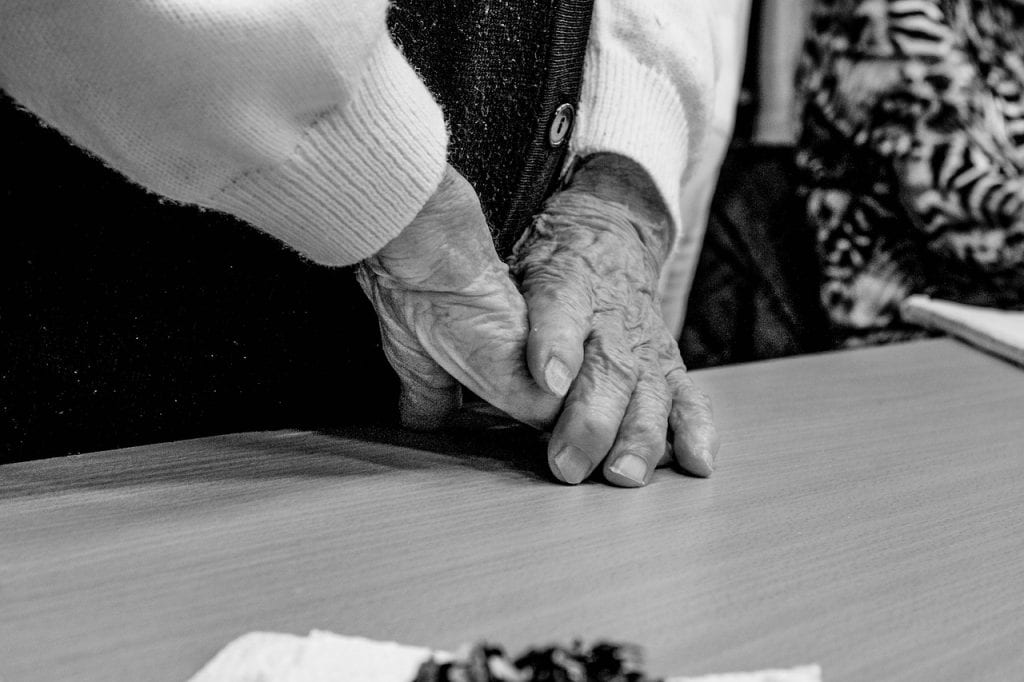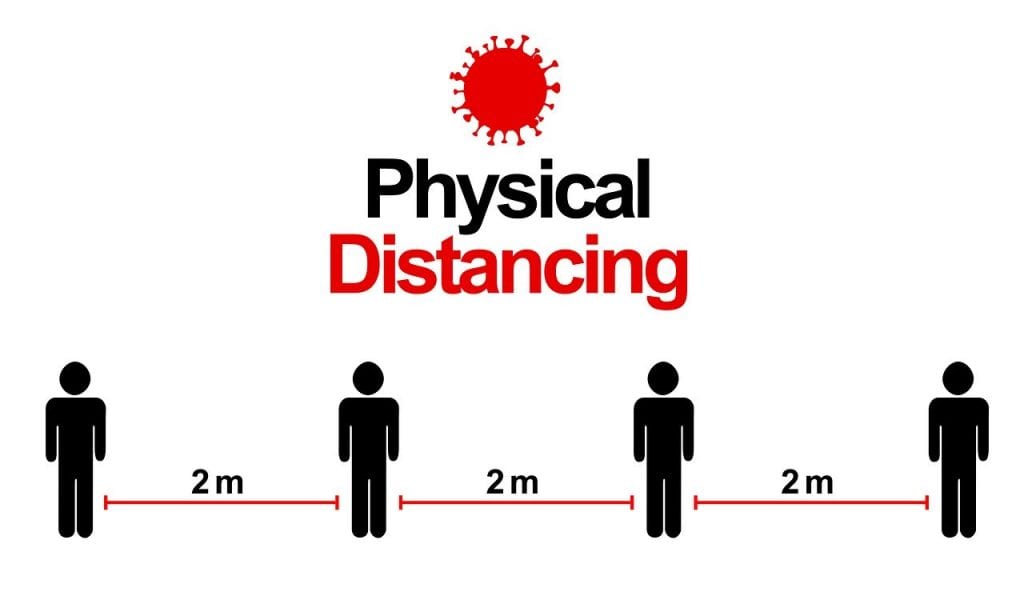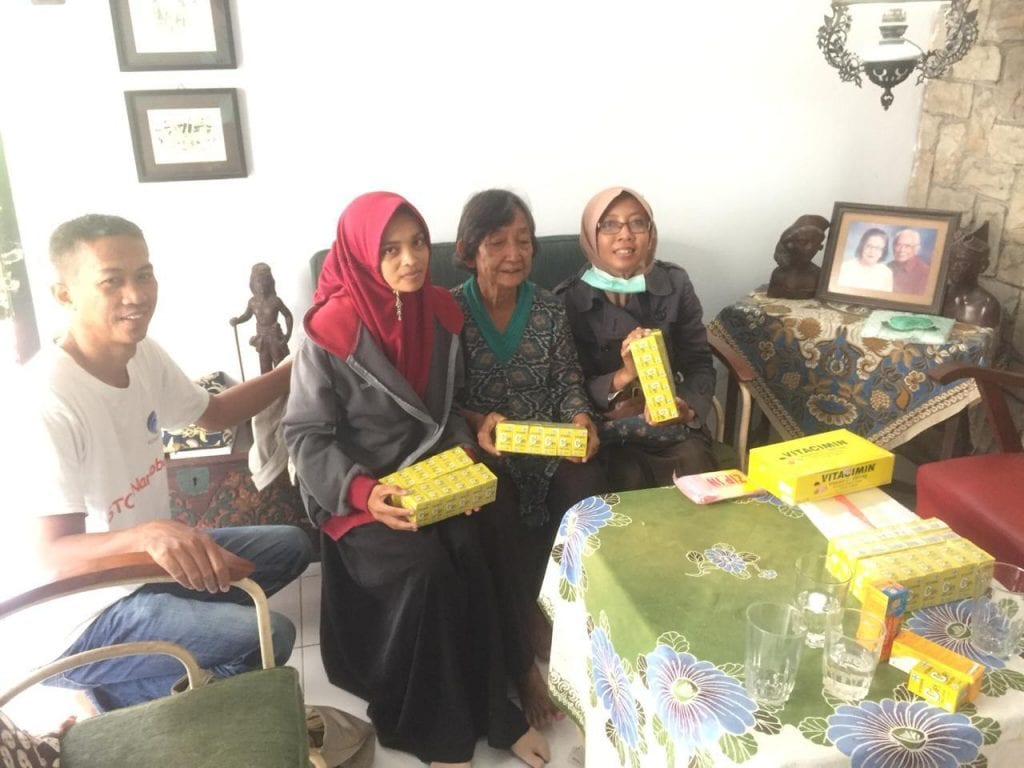
Vulnerable Groups and COVID-19 in Indonesia: Informal Sector, Disability, and Women
The Indonesia Statistics Agency recorded the poverty rate as of March 2020 increased to 26.42 million people. Regarding this position, the percentage of poor people

The Indonesia Statistics Agency recorded the poverty rate as of March 2020 increased to 26.42 million people. Regarding this position, the percentage of poor people

The elderly population in Indonesia in 2019 reached 9.60 percent or around 25.66 million people. This condition shows that Indonesia is transitioning to aging population

Even though the current situation (physical distancing) forces the community to be physically distant, the community should also not be emotionally distant because everyone is

To support food self-sufficiency in the midst of COVID-19 pandemic, urban communities can utilize urban farming models, such as optimizing land or open space by

Center for Population and Policy Studies (CPPS) UGM helped vulnerable communities affected by the COVID-19 pandemic.